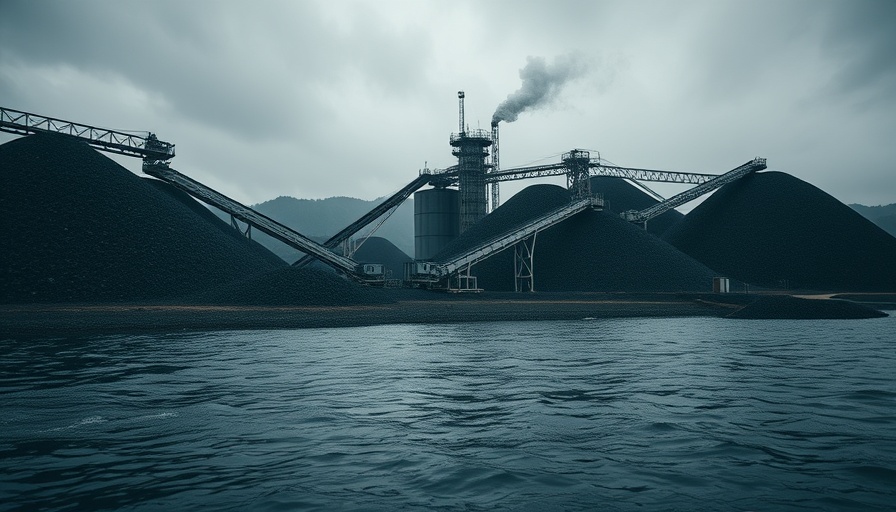
The Intersection of AI and Lithium Extraction in the Atacama Desert
In a recent episode of The Good Robot podcast, hosts Dr. Eleanor Drage and Dr. Kerry McInerney delve into the intricate world of lithium extraction in the Atacama Desert with guest Sebastián Lehuedé. As a Lecturer in Ethics, AI, and Society at King's College London, Lehuedé sheds light on the pressing issue of water-intensive lithium extraction and its socio-environmental impacts, offering a unique perspective relevant for today's technology-driven leaders.
AI's Role in Environmental Justice
Lehuedé's insightful discussion on the podcast revolves around his project, AI's Nature, which tackles global social justice and environmental concerns head-on. By engaging with urban, peasant, and Indigenous communities across Chile and Colombia, Lehuedé underscores the role AI plays in both exacerbating and alleviating environmental challenges. This conversation prompts industry leaders to consider how AI strategies can be harnessed not only for profit but for the good of communities and ecosystems alike.
Historical Context and the Need for Reflexive Research Ethics
The historical evolution of lithium extraction in the Atacama serves as a backdrop for understanding its current challenges. Lehuedé emphasizes the importance of reflexive research ethics—ensuring that technological advancements do not come at the expense of vulnerable communities. By examining past events and their consequences, leaders can craft AI policies that respect both human rights and environmental sustainability.
How Industry Leaders Can Respond
For CEOs, CMOs, and COOs exploring AI for organizational transformation, Lehuedé's insights offer significant value. Considering the ethical implications of AI and data sovereignty should be integral to any modern enterprise strategy. Leaders must navigate these complexities by fostering open dialogues with impacted communities and integrating ethical reflexivity into their AI initiatives, paving the way for transformative practices that honor both technological and ecological integrity.
 Add Row
Add Row  Add
Add 




Write A Comment